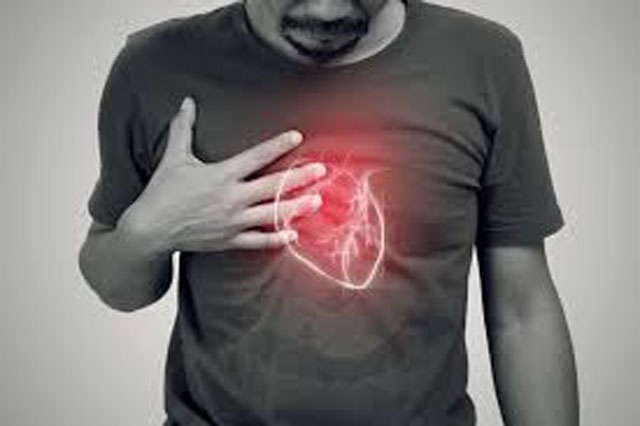Daijiworld Media Network - Moscow
Moscow, Nov 4: Heart disease is often linked to clogged arteries, high blood pressure, or heart attacks. However, Russian cardiologist Dr Yaranov believes that the true threat lies hidden within everyday habits that many people tend to ignore.
Taking to Instagram, the specialist in heart failure and transplantation explained that poor sleep, air pollution, chronic stress, gum disease, unhealthy diets, and gut imbalance are six silent factors that can gradually push the heart towards failure — even in people who appear healthy.

Dr Yaranov cautioned that sleeping less than six hours a night significantly increases the risk of heart failure, stroke, and sudden death. He advised maintaining seven to eight hours of consistent sleep daily, calling rest a non-negotiable foundation for heart health.
The cardiologist also highlighted the dangers of air pollution, saying that inhaling vehicle exhaust damages the arteries faster than people realise. He urged citizens to avoid outdoor activities during heavy traffic hours and support policies that promote cleaner air.
Chronic stress, he said, acts as a “silent killer,” disrupting blood pressure and triggering inflammation even when other health parameters seem normal. Regular relaxation, walking, and mindfulness were recommended to protect heart health.
Dr Yaranov further warned that gum disease has a direct connection with heart conditions, as oral inflammation can spread through the bloodstream and harm arteries. Maintaining dental hygiene by brushing, flossing, and regular dental check-ups was deemed essential.
He also pointed out that unhealthy diets, especially in areas with limited access to fresh food, can worsen heart risk. Diets high in refined carbohydrates and sugary drinks, he said, damage metabolism and accelerate heart failure.
Lastly, he stressed the importance of gut health, noting that imbalances in gut bacteria can affect blood pressure and arterial health. He recommended eating fibre-rich and fermented foods while avoiding excessive antibiotics and ultra-processed meals.
Dr Yaranov concluded by saying that “your heart reacts to how you live, not just to what your tests show,” urging people to make heart-friendly lifestyle choices every day.